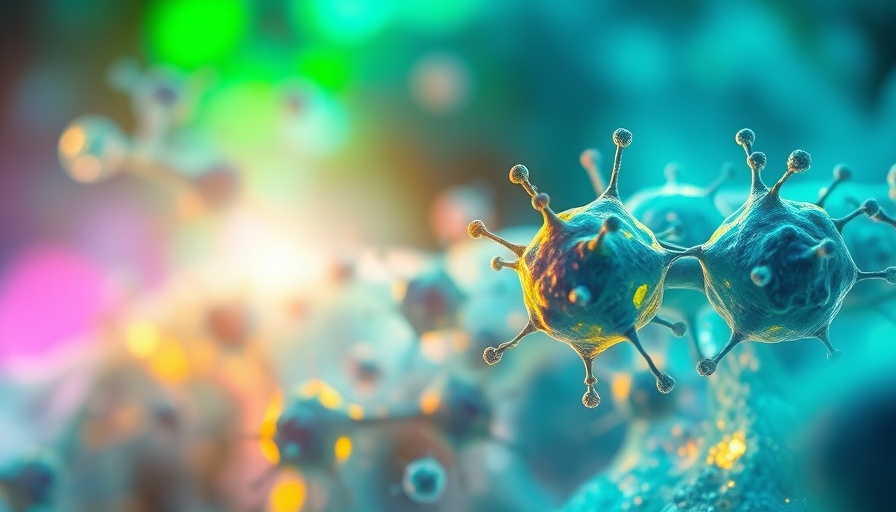
The Role of USP37 in Cancer Biology
Historically, the pursuit of understanding cellular mechanisms linked to cancer has garnered significant attention from scientists and researchers worldwide. One such protein that has emerged as influential in various cancer types is USP37, a member of the ubiquitin-specific protease family. Its primary role revolves around regulating cell growth and maintaining cellular health, making it a crucial player in both tumorigenesis and cellular rejuvenation.
Cellular Rejuvenation: What It Means for Your Health
For health-conscious individuals, the concept of cellular rejuvenation is essential, particularly as it relates to aging and vitality. Detailed analyses suggest that proteins like USP37 can influence cellular repair and autophagy—the body's natural cleaning mechanism that removes damaged cells. As we age, cellular repair processes tend to slow down, leading to a decline in mitochondrial function and an increase in senescence, a state where cells lose the ability to divide and function properly.
Future Implications: USP37-targeted Therapies
The findings around USP37's role in pancreatic cancer are not just confined to cancer treatment; they present considerable implications for the field of regenerative medicine. By enhancing our understanding of this protein, researchers may develop USP37-targeted therapies that not only tackle malignant cells but also promote cellular health and potentially aid in senescence reversal, contributing to overall longevity and quality of life.
Exploring Autophagy Benefits Through USP37
Research suggests that activating autophagy may enhance cellular vitality and longevity. Enhanced autophagy could lead to better mitochondrial function, improved energy levels, and a more youthful appearance—all of which appeal to individuals keen on maintaining their youthfulness. Given that USP37 is intricately linked to these processes, therapies that modulate its activity may offer new routes for enhancing cellular repair and rejuvenation.
Nuanced Perspectives: Counterarguments in Cancer Research
While excitement abounds around the possibilities of using USP37-focused therapies, it is crucial to approach this field with a balanced view. Some researchers argue that potential interventions must consider the complex interplay of signaling pathways beyond merely targeting USP37. Understanding how various cellular mechanisms interact will be pivotal in ensuring successful therapeutic outcomes without unintended consequences.
Actionable Insights for Health Enthusiasts
For individuals in the 30-55 age cohort, staying informed about developments in cellular biology can be invaluable. Incorporating elements that support cellular health—like NAD+ boosters or stem cell therapy options—might work synergistically with insights from ongoing cancer research to optimize personal health strategies. Integrating dietary protocols or biohacking tips focused on enhancing autophagy can provide practical pathways for cellular rejuvenation.
In conclusion, as we continue to uncover the complexities of proteins like USP37, there lies immense motivation for the health-conscious to connect the dots between cancer research and personal vitality. The journey towards enhanced cellular health not only considers the eradication of diseases but also the promotion of longevity and rejuvenation.
 Add Row
Add Row  Add
Add 




Write A Comment